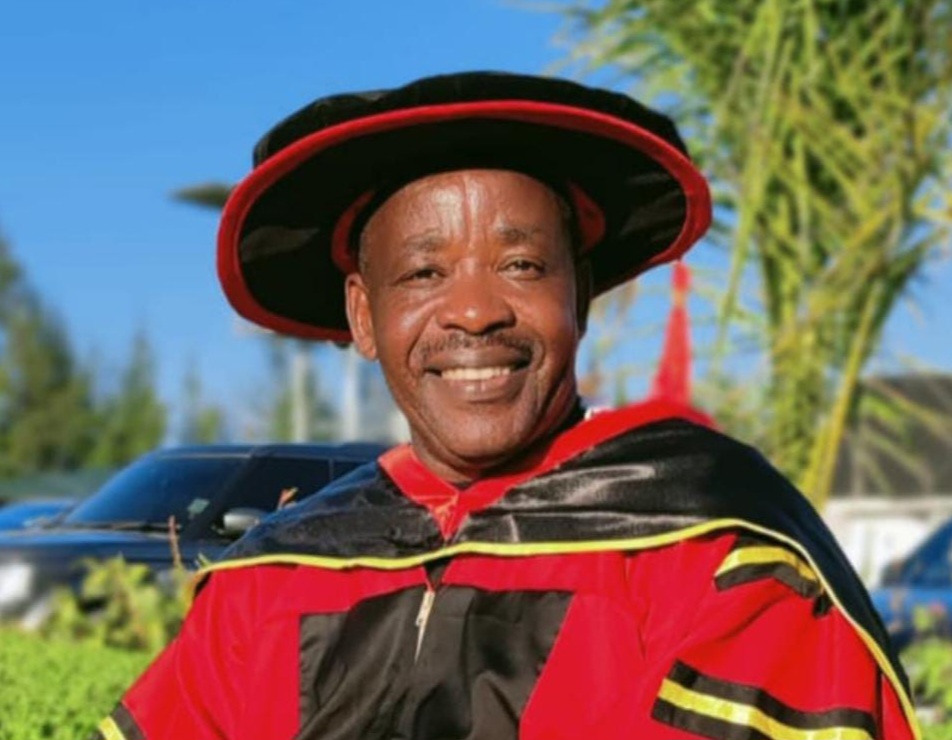Dr. Paul K. Wanjohi Advocates for Reforms to Empower APBET Institutions

Dr. Paul K. Wanjohi, a renowned academician and the Founder, Managing Director, and CEO of Sharp Education Center, has issued a clarion call for urgent reforms in the education sector to address the plight of children in Alternative Providers of Basic Education and Training (APBET) institutions.
In a recent interview, Dr. Wanjohi emphasized the need to increase government capitation for school-going children from preschool to secondary level. He expressed concern over the delays by Members of Parliament in actualizing proposed amendments to the Basic Education Act of 2013. These amendments aim to align the capitation framework with the current economic realities, ensuring no child is left behind in accessing quality education.
Dr. Wanjohi’s advocacy is echoed by Mathare MP Anthony Oluoch and Kibra MP Peter Orero, who are championing the introduction of amendments to the Basic Education Act No. 14 of 2013. The proposed changes seek to recognize APBET schools as a distinct category within the education system, making them eligible for government capitation grants, teacher deployment, and institutional support.
MP Oluoch highlighted the dire situation faced by children attending APBET schools, particularly in informal settlements across Kisumu, Nyelenda, Manyata, Kitale, Mombasa, and Nairobi. These institutions, often doubling as churches or social halls, cater to approximately 1.8 to 2 million learners who fall outside the public and private education systems.
“In total, there are about 1.8 to 2 million Kenyan children who neither go to public nor private schools. The current Basic Education Act doesn’t capture this group,” noted Oluoch.
Kibra MP Peter Orero, a member of the Parliamentary Committee on Education, underscored the scale of the challenge, revealing that Kibra alone has over 250 APBET schools, with Nairobi hosting approximately 3,600 and over 4,000 spread across the country. He urged the Ministry of Education to ease the stringent registration requirements for APBET institutions, enabling them to access critical government support.
“The bill has already gone through the Budget Committee and is now awaiting the Education Committee before being tabled for debate on the floor of the House,” said Orero.
Dr. Wanjohi stressed the urgency of these reforms, noting that APBET institutions serve millions of marginalized children who remain invisible in the eyes of the current education framework. “There is an estimated two million pupils catered for under APBET, yet the constitution doesn’t recognize them because they can’t get assistance from the government,” he lamented.
The push for reforms represents a pivotal moment for Kenya’s education sector, with leaders like Dr. Wanjohi and MPs Oluoch and Orero at the forefront of ensuring inclusivity and equitable access to education for all. The recognition and support of APBET schools will be a significant step towards bridging the educational gap for children in informal settlements and underserved communities.
As the debate gains momentum, stakeholders are optimistic that the proposed amendments will secure a brighter future for millions of children, reinforcing the constitutional right to education for every Kenyan child.






